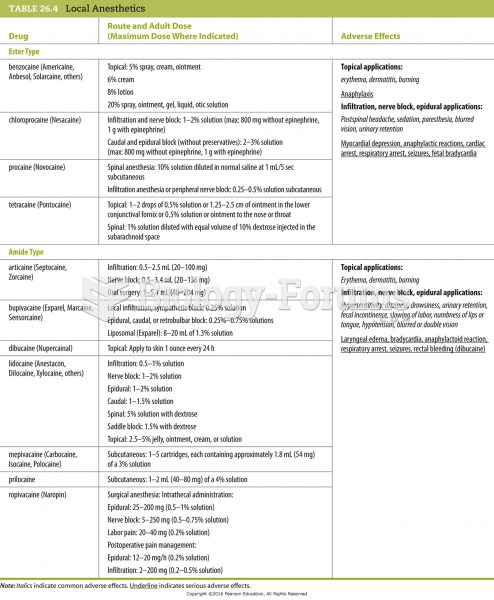Answer to Question 1Some useful starting points on the Web for finding links related to local, state, federal, and other law and for finding U.S. federal law include:
The site of the Documents Center of the University of Michigan Library is a reference point for local, state, federal, foreign, and international law resources on the Web (
www.lib.umich.edu and search library documents center). This site has one of the most comprehensive lists of links to government documents on the Web, with descriptions of what is included at each link.
USA.gov (
www.usa.gov), the official portal to U.S. government information, provides links to every branch of the federal government, including federal agencies.
The U.S. Government Printing Office (
www.gpoaccess.gov) also posts official information from each of the three branches of the federal government. Click on A-Z Resource List to access the Code of Federal Regulations, the Congressional Record, the Federal Register, all bills introduced in Congress, the United States Code, and other government publications.
The Library of Congress's THOMAS site (thomas.loc.gov) provides a daily congressional digest, a link to the Law Library of Congress, and full text and summaries of bills.
The U.S. Department of Justice (
www.usdoj.gov) provides information on many areas of law, including civil rights, employment discrimination, crime, and immigration.
State governments have similar online resources.
Answer to Question 2The five questions a paralegal should ask are:
Who created it, and why did they post it on the Internet?Does the information come from a neutral source or an interest group? From someone with experience and credentials or a crank? Before you rely on the results of a Web search, check to make sure your results have a legitimate pedigree.
Is it accurate?Joe's Legal Blog may be fun to read, but has Joe accurately reproduced a court opinion or statute? It is always best to check unofficial materials against either an official Web resource or a commercial service that certifies the accuracy of its materials.
Is it up to date?Last year's brilliant Web site on employment law in Arizona might be wrong if there has been a new statute, regulation, or case since it was posted.
Is it easy to use?Many court Web sites are harder to use than commercial services such as Westlaw. It may save your client a few dollars in search costs, but if it takes you twice as long to find the information, the total bill won't be any less.
What is the coverage?Does the resource cover material only up to a certain date? Can you tell easily? How can you get the most up-to-date information? Your clients are paying for your expertise in researchyou must be able to deliver them a comprehensive answer.
Answer to Question 3A search engine scans the Web and indexes the contents of pages into a database. Whereas people compile directories, a computer generates most of the results delivered by a search engine. This means that the results are limited by the researcher's ability to phrase a query within the constraints of the search engine's capabilities.
Search engines conduct searches in two ways: by key word and by concept. A key- word search generates Web sources that use the exact terms that the researcher types in. A concept search adds sources that use related words. In general, the best results are obtained in a search for Web pages that contain very specific terms.
In a response to a search query, a Web search engine will likely return many irrelevant results. Sometimes, a researcher can eliminate irrelevant sites only by going to the sites and scrolling through them. The use of certain operators can greatly refine search results and help you to avoid this problem. Quotation marks are one of the most useful operators available in most search engines. Placing quotation marks around words or phrases that must appear together in a specific order will effectively narrow search results. Other useful operators are the so-called logical operators of Boolean logic. As it is used in Internet search engines, Boolean logic is a system in which connecting words, primarily and, or, and not, are used to link key words and make search requests more precise. Many search engines automatically use and between key words if you do not specify the connector to be used. Some search engines also allow proximity operators, such as near or n/5 (within five words). A source is included in the search results only if the key words appear close together in the source.







